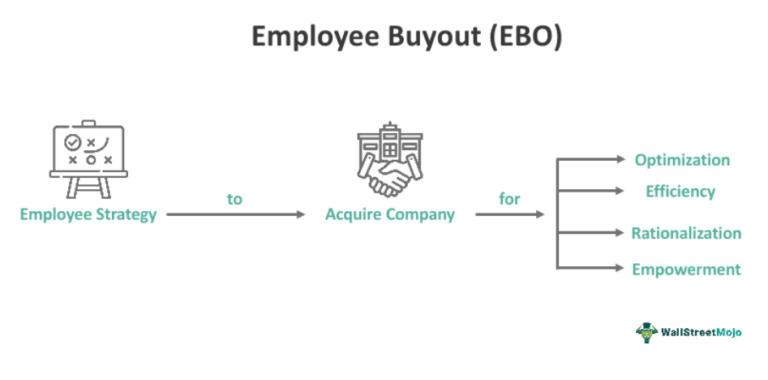
Audience
- Sentiment: Negative
- Political Group: Moderate/Conservative
- Age Group: Adults (25-54)
- Gender: All Genders
Overview
- Egg prices have surged to record-breaking highs, reaching about $4.95 per dozen and potentially rising to $6.
- An outbreak of bird flu has led to the culling of over 158 million birds, causing a significant supply shortage of eggs.
- Grocery stores are implementing purchase limits on eggs to manage supply and ensure availability for more customers.
The Egg Price Crisis: Why Are Eggs So Expensive Right Now?
Have you gone grocery shopping lately and noticed that the price of eggs is sky-high? If you’re like many Americans, you may have been taken aback by the prices you’re seeing at your local grocery store. It’s not just a little bump either; we’re talking record-breaking prices that are making folks do a double-take. Let’s dive into the reasons behind this egg crisis and understand why a carton of eggs feels like it’s costing as much as a fancy dinner.
A Little Background on Eggs
Eggs are a staple food in many American households. They’re versatile—used in everything from breakfast omelets to cookies to fancy meals like quiche. And honestly, what’s better than a fresh egg on a warm piece of toast? Eggs are not only delicious but also affordable. Or at least, they used to be.
Let’s paint a picture: just a few months ago, you could easily grab a dozen eggs for less than $2. But as of January 2023, the average price has skyrocketed to about $4.95 per dozen! And predictions are that prices could rise even further—to nearly $6! Now, that might have you thinking about cutting back on your favorite egg dishes or, even worse, hunting for cheap egg recipes. But why is this happening?
The Trouble with Bird Flu
One of the biggest culprits behind this egg price surge is an outbreak of bird flu. But what is bird flu anyway? This is a contagious virus that primarily affects birds, but can sometimes infect humans too, though that’s rare. And right now, it’s hitting the poultry industry particularly hard. Since 2022, over 158 million birds have been culled (that’s a fancy word for “killed”) because of this disease. Most of these birds are egg-laying hens, the very chickens responsible for laying the eggs we eat.
When farmers have to cull their chickens due to bird flu, it creates a supply shortage. Simply put, fewer hens laying eggs means fewer eggs available for consumers. When demand stays the same or rises—and let’s face it, people love their omelets—the price goes up. It’s basic economics: when supply decreases while demand remains steady or increases, prices will inevitably rise.
Store Responses: Limits on Purchases
You might have noticed that some grocery chains, including Aldi, Kroger, Trader Joe’s, and Walmart, have started placing limits on how many egg cartons you can buy at once. For instance, you might only be allowed to pick up two or three dozen eggs per visit. Some people are puzzled by these restrictions. Why can’t we just buy as many eggs as we want? Well, by limiting purchases, stores are trying to ensure that everyone has the opportunity to buy eggs, rather than some people hoarding them.
Imagine running to the store for a last-minute recipe only to find empty shelves—it’s frustrating! By imposing limits, grocery stores can manage the supply better and make sure that more customers have access to eggs, even if the prices are high.
The Impact on Consumers
These rising prices and purchase limitations have a direct impact on people’s lives. Families that relied on eggs for breakfast, baking, or cooking might find themselves having to adjust their meal planning, and that can be tough. For some, it means rethinking breakfast options or cutting back on favorite recipes. This could also hit low-income households harder since they may have been stretching their budgets as it is.
If we take a step back, we realize the broader effects this crisis has. High egg prices are not just about eating habits. They lead to increased costs for restaurants, bakeries, and food manufacturers that use eggs as ingredients. As those costs increase, businesses may raise their prices on customers to cover their expenses. So, the egg crisis doesn’t just stop with our grocery bills; it ripples throughout the entire food industry.
Alternatives and Solutions
Now that we understand what’s causing these prices to spike, what can we do about it? Can we find alternatives? For starters, some people are turning to plant-based substitutes for eggs, especially if they’re using eggs for baking. Ingredients like flaxseed meal, applesauce, or even bananas can often stand in for eggs in recipes. If you’ve never tried baking without eggs before, it might be a fun experiment!
Additionally, some consumers are looking for eggs from local farms or community-supported agriculture (CSA) programs. Sometimes purchasing directly from farmers can save you some money while also supporting local businesses. Plus, farm-fresh eggs often taste better!
The Way Forward
If you ever thought the food supply chain was simple, this egg crisis is proving how complex and vulnerable it can be. From bird flu outbreaks to consumer demands, various factors intertwine to shape what happens in the grocery aisles.
As we navigate through these challenging times, it’s crucial to stay informed about the situation and remain compassionate towards one another. Everyone is feeling this crisis in some way, and sharing tips, recipes, or even encouraging support for local farmers can go a long way.
Also, we need to keep an eye on the evolving situation with bird flu. Experts are working hard to manage the outbreak, and hopefully, in time, the egg supply and prices will stabilize.
Conclusion: What’s Your Take?
Egg prices are soaring, and it’s affecting all of us in different ways. Whether you’re a breakfast fan, a baking enthusiast, or someone who just enjoys the occasional deviled egg, the current egg crisis has likely changed the way you think about this basic food item.
As we wrap up this discussion, I want to know how this has affected you. Have you had to change your eating habits due to the high cost of eggs? Do you have any creative recipes or egg substitutes you’d like to share? Comment below with your thoughts or experiences!





